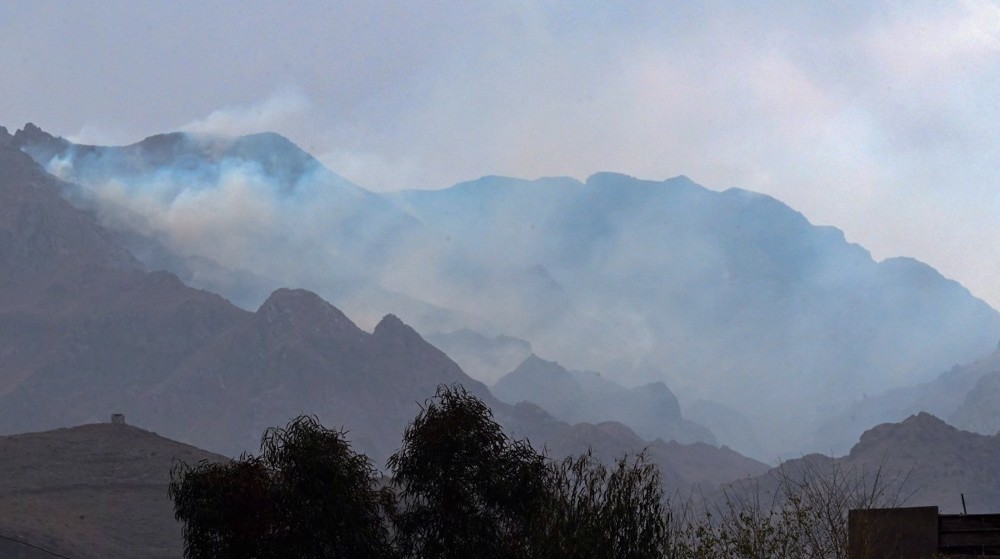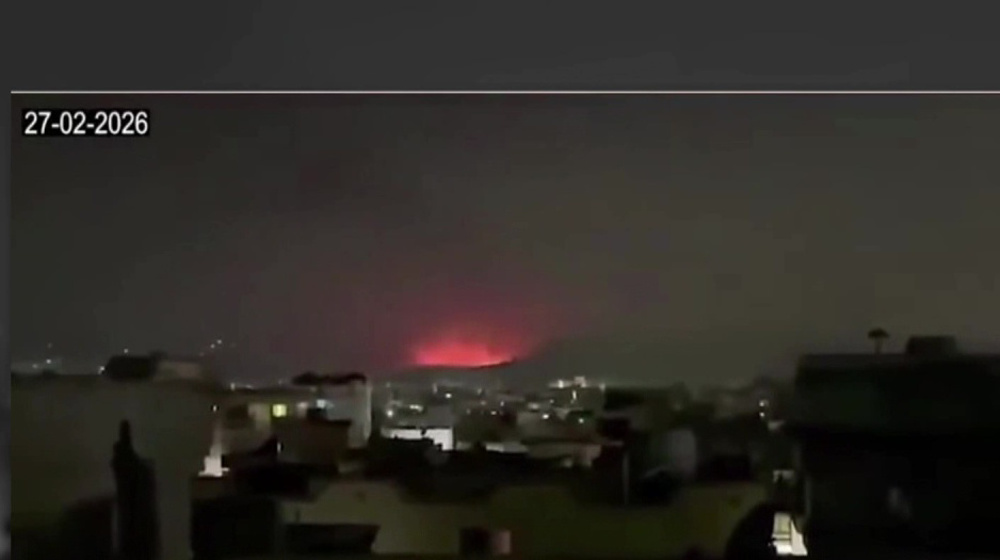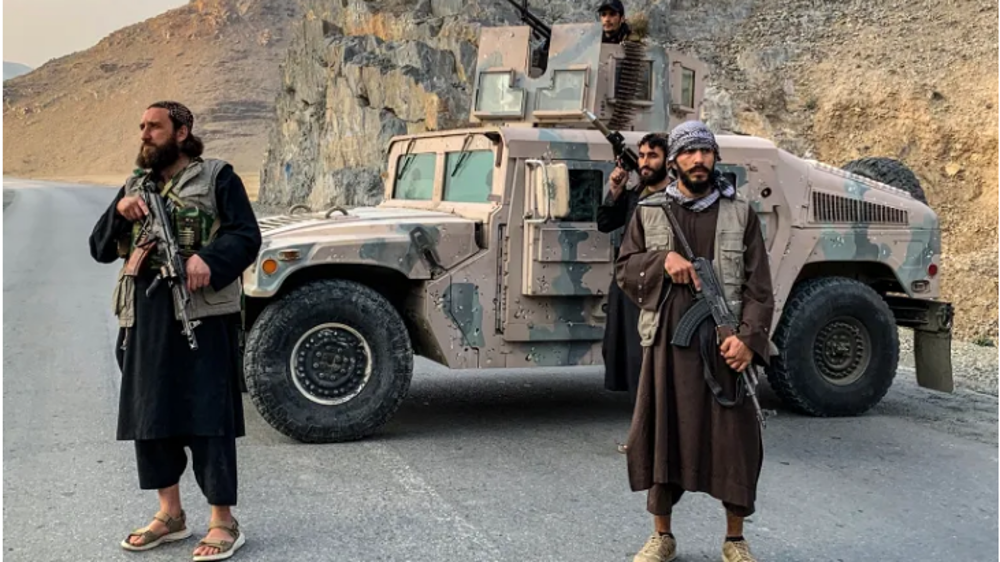Afghanistan violence jumps 50 percent despite peace talks: Watchdog
Violent attacks across Afghanistan have increased by 50 percent in recent months even as Kabul is negotiating with the Taliban, a US watchdog says.
The US Special Inspector General for Afghanistan Reconstruction (SIGAR), in a quarterly report to the US Congress, said on Thursday that attacks against Afghan forces and civilians were 50 percent higher in the three months to the end of September when compared to the previous quarter.
"Overall enemy-initiated attacks this quarter were also characterized as 'above seasonal norms," the report said.
SIGAR also reported 2,561 civilian casualties, including 876 deaths, up 43 percent from the April to June period.
The fighting has raged across the country as the Taliban have launched devastating attacks on provincial capitals and security installations over the past few months.
Violence continues in Afghanistan even as the Kabul government negotiators and the Taliban have been meeting in Qatar to reach a peace deal. Little progress has been made in meetings between the two sides since the talks started on September 12.
Both sides have routinely accused each other of upping hostilities and killing civilians.
Scattered calls to boycott the ongoing peace talks have been raised following back-to-back attacks on education centers in Kabul claimed by the Daesh terrorist group, but which some government officials insist were carried out by the Taliban.
At least 35 people, mostly students, were killed and over four dozen others wounded on Monday when heavily-armed gunmen stormed Kabul University in Afghanistan's capital city in an attack that ended after hours of fighting with security forces.
Also last week, two dozen people, mostly students, lost their lives as an educational center in western Kabul was targeted in an attack claimed by Daesh.
The United Nations has already warned that it is alarmed by the steep increase in the number of civilian casualties in Afghanistan and a “striking deterioration” in security situation.
Official data shows that Taliban bombings and other assaults have increased 70 percent since the militant group reached a “peace” deal with Washington in February.
US influence over Afghanistan's battlegrounds is on the wane, however, with the Pentagon looking to withdraw all its remaining troops by next May.
The US has attempted to downplay Taliban violence.
The February deal was also supposed to lay the groundwork for a peace process between the Taliban and the Afghan government. The recent uptick in violence has only made that prospect unlikely.
The US invaded Afghanistan in October 2001 and overthrew a Taliban regime in power at the time. But US forces have remained bogged down there through the presidencies of George W. Bush, Barack Obama, and now Donald Trump.
Nearly two decades on, Washington is seeking a truce with the militants, who now control or have influence in about half of Afghanistan’s territory.
The US-led war has since reportedly killed more than 150,000 people, including local security forces, civilians, insurgents and foreign troops. Thousands of US soldiers and their allies have also been killed.
The conflict has cost the Untied States around a trillion dollars.
'Powerful strike': IRGC hits US destroyer with ballistic, strategic cruise missiles in Indian Ocean
IRGC: 16th wave of retaliation hit heart of occupied territories; enemy casualties stand at 680
We avenge the innocent until our last breath: Iran's parl. speaker
170 students, teachers martyred in ‘deliberate’ strikes on Iranian schools: Minister
Iran’s air defense systems down six advanced Hermes drones
US defenses overwhelmed by Iran’s drone and missile barrages: WSJ
IRGC says second US THAAD anti-missile unit destroyed
CNN journalists abducted by Israel while reporting on damage from Iranian strikes












 This makes it easy to access the Press TV website
This makes it easy to access the Press TV website